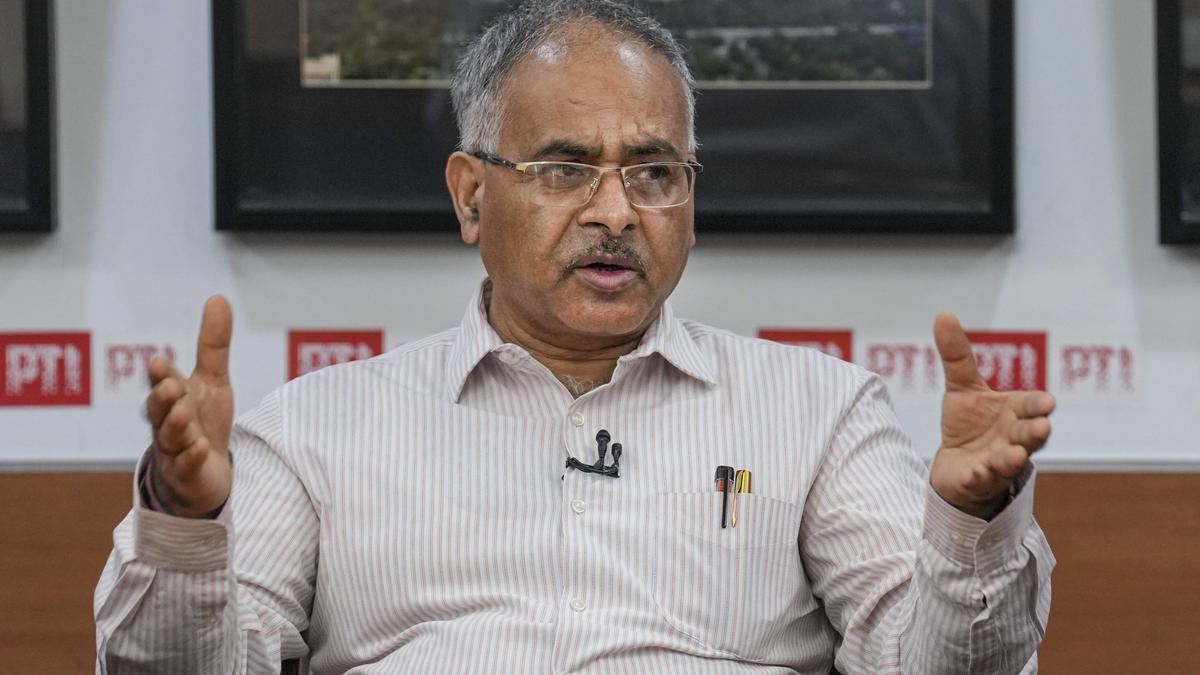
‘Why should we teach about riots?’: NCERT chief rejects charges of saffronisation of school curriculum
The Hindu
NCERT director defends textbook revisions, emphasizing the need to create positive citizens and avoid teaching about riots.
Rejecting accusations of saffronisation of school curriculum, NCERT's director has said that references to Gujarat riots and Babri masjid demolition were modified in school textbooks because teaching about riots "can create violent and depressed citizens."
In an interaction with PTI editors at the agency's headquarters here on June 15, National Council of Educational Research and Training (NCERT) director Dinesh Prasad Saklani said the tweaks in textbooks are part of annual revision and should not be a subject of hue and cry.
Asked about references to Gujarat riots or Babri masjid demolition being tweaked in NCERT textbooks, Mr. Saklani said, "Why should we teach about riots in school textbooks? We want to create positive citizens not violent and depressed individuals".
Also read: NCERT Textbook Row | 33 academicians ask to remove their names from textbooks
"Should we teach our students in a manner that they become offensive, create hatred in society or become victim of hatred? Is that education's purpose? Should we teach about riots to such young children...when they grow up, they can learn about it but why school textbooks. Let them understand what happened and why it happened when they grow up. The hue and cry about the changes is irrelevant," he said.
The comments by Mr. Saklani come at a time when new textbooks have hit the market with several deletions and changes. The revised Class 12 political science textbook, does not mention the Babri masjid, but refers to it as a "three-domed structure". It has pruned the Ayodhya section from four to two pages and deleted details from the earlier version.
It instead focuses on the Supreme Court judgement that paved the way for the construction of a Ram temple at the site where the disputed structure once stood before it was torn down by Hindu activists in December 1992. The Supreme Court verdict was widely accepted in the country. The consecration of the Ram idol in the temple was performed on January 22 this year by the prime minister.











